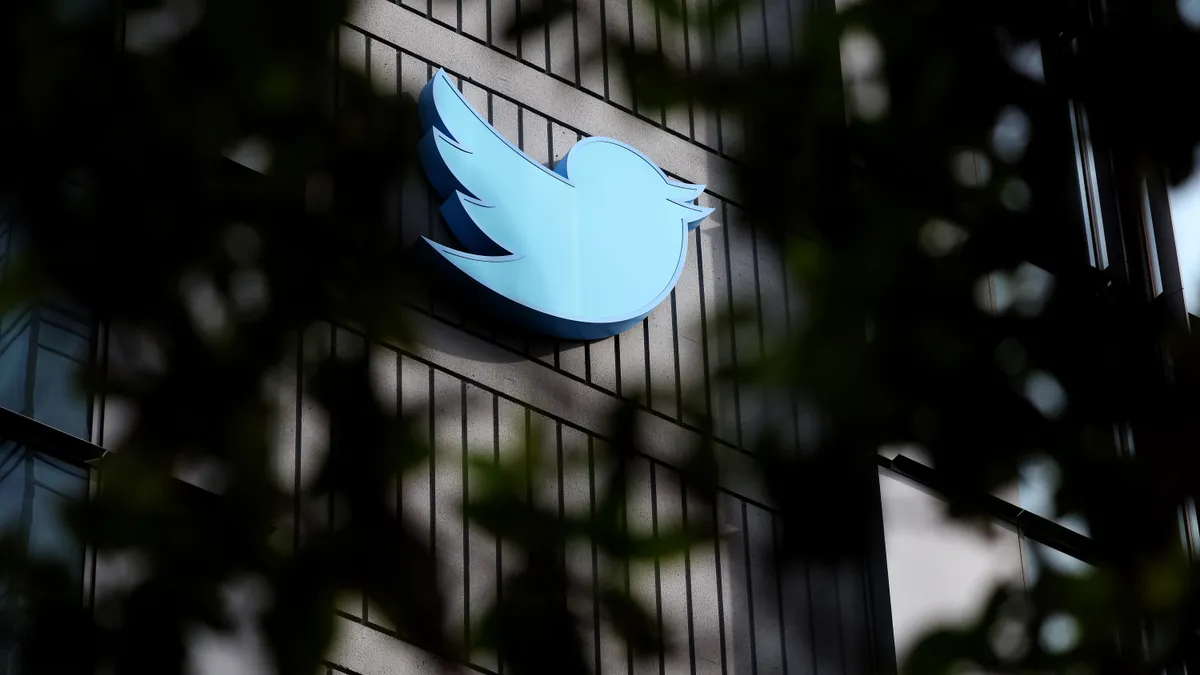A group of Twitter employees sued the company Thursday, alleging recent layoffs violated the Worker Adjustment and Retraining Notification Act and California law — and that a round of Friday layoffs will run afoul of the laws as well.
Shortly after the lawsuit came to light, the plaintiffs’ attorney told Bloomberg Law that Twitter is working to pay some of those laid off through at least Jan. 4. The company is expected to ax about 3,700 employees, or half of its workforce, according to various media reports.
The federal WARN Act requires employers to provide written notice at least 60 calendar days in advance of covered plant closings and mass layoffs, according to the U.S. Department of Labor. A “mass layoff” is defined as involving at least 50 to 499 employees if they represent at least 33% of the total active workforce, excluding part-time employees; or 500 or more employees, excluding part-time employees.
An employer that violates the law is liable to each affected employee for an amount equal to back pay and benefits for the period of violation, up to 60 days, according to DOL.
An agency guidance states that while the law doesn’t contemplate pay in lieu of notice, severance could effectively help an employer avoid liability: “While an employer who pays workers for 60 calendar days instead of giving them proper notice technically has violated WARN, the provision of pay and benefits in place of a notice is a possible option,” the document states. “Because WARN provides for back pay and benefits for the period of the violation, up to 60 days, generally this approach by an employer … means that the employer has already met the penalty specified in the Act” if that payment was not otherwise required.
The lawsuit’s first named plaintiff, however, said he received neither the required warning nor severance.
A management-side attorney told HR Dive earlier in the week that such alleged violations were likely: CEO Elon Musk’s willingness to risk lawsuits from C-suite leaders who have the means to sue made it likely he would treat workers with fewer resources in a similar manner, said Ayesha Whyte, attorney and chief people officer at Dixon Whyte LLC.
Neither Twitter nor the plaintiffs’ attorney immediately returned a request for comment.













